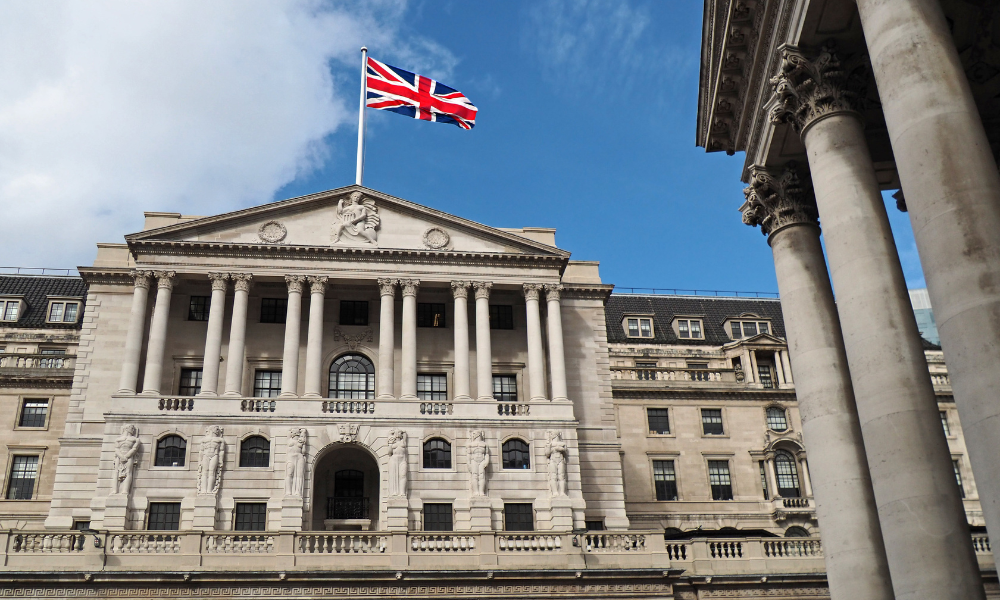Move made to support economy – but is it enough?

The Bank of England (BoE) decided to reduce the base interest rate on Thursday, marking the third cut in six months as the central bank seeks to support a sluggish economy and maintain inflation within its target range.
The bank’s Monetary Policy Committee (MPC) voted to lower the base rate by 0.25% to 4.5%, following its previous reduction to 4.75% in November. The widely anticipated move reflects growing concerns that higher borrowing costs were stifling consumer spending and business investment.
Recent economic data supported the case for easing monetary policy. Inflation slowed to 2.5% in December – a sharper drop than expected following a steady decline from its peak of over 10% two years ago, reducing the urgency for restrictive interest rates.
At the same time, economic growth remains fragile. The UK economy contracted by 0.1% in both September and October before seeing modest 0.1% growth in November. With stagnation persisting, lowering borrowing costs is seen as a necessary step to stimulate activity in key sectors such as housing.
“The Bank of England’s decision to cut the base rate by 0.25 percentage points to 4.5% reflects growing concerns over the UK’s sluggish economic growth,” said Nicholas Mendes, mortgage technical manager at broker John Charcol. “With GDP flatlining for the past six months, demand remains weak, and lowering borrowing costs should help to boost investment, consumer spending, and business confidence.”
While there was a slowdown in inflation, Mendes pointed out that core inflationary pressures persist, driven by high wage growth and weak productivity. He said that wage growth remains stubbornly high at 5.6%, and weak productivity raises the risk that pressures could re-emerge if demand picks up too quickly.
Mendes believes global economic uncertainty also played a role in the central bank’s decision. He highlighted potential risks stemming from US trade policies.
“This move also comes at a time of uncertainty in global trade, particularly with c threatening fresh tariffs and potential supply chain disruptions,” he explained. “While the UK may not face direct levies, a weaker pound could push up the cost of imports, adding to inflationary pressures.”
Financial markets have already responded, with UK government bond yields falling in anticipation of further rate cuts. Analysts now expect additional easing if economic growth remains weak.
“This decision marks a shift in the Bank of England’s priorities, placing more emphasis on supporting the economy rather than solely focusing on inflation,” Mendes said. “The challenge now is to strike the right balance providing the necessary stimulus without allowing inflation to creep back up, particularly as global economic uncertainty remains high.”
Any thoughts on the latest base rate decision announced by the Bank of England today? Share them with us by leaving a comment in the discussion box at the bottom of the page.



